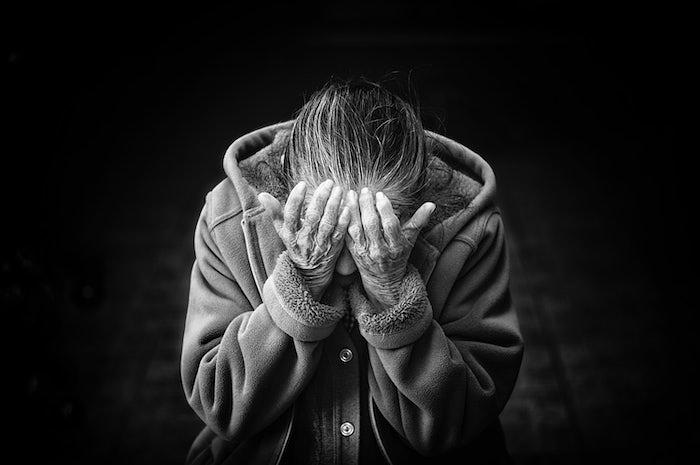The Five Stages of Grief: How to Cope with Loss
Mariella Arceo
Nov 18, 2022

The Kübler-Ross stages of grief, also known as the DABDA model, were first proposed by Swiss psychiatrist Elisabeth Kübler-Ross in her 1969 book On Death and Dying. The theory has been controversial since its inception, with many mental health professionals arguing that it oversimplifies the grieving process. Nevertheless, the stages have become widely accepted and are often used to help people understand what they are experiencing.
The five stages of grief are:
- Denial: This is the first stage of grief and it is characterized by a sense of disbelief or denial. This is a natural defense mechanism that allows us to cope with the overwhelming reality of loss. It is important to remember that this is a normal part of the process and not to be ashamed of it.
- Anger: The second stage of grief is characterized by feelings of anger, resentment, and frustration. This is often directed towards the person who has died, or towards the situation that caused the loss. It is important to express these negative emotions in a healthy way, such as through writing or talking to a therapist.
- Bargaining: The third stage of grief is characterized by a sense of desperation and a need for control. We may try to negotiate with the situation, or make deals with God in an attempt to change what has happened. This is a normal part of the process, but it is important not to dwell on this stage for too long.
- Depression: The fourth stage of grief is characterized by feelings of sadness, loneliness, and despair. This is a natural response to loss, and it is important to allow yourself to feel these emotions. Do not be afraid to seek help from a professional if you are struggling during this stage.
- Acceptance: The fifth and final stage of grief is characterized by a sense of acceptance and peace. This does not mean that the pain of loss is gone, but rather that we have come to terms with it. We are able to remember the good times without being overwhelmed by sadness. This is the end of the grieving process, but it is important to allow yourself as much time as you need to get there.
How long does each stage of grief last?
How do you know when you have finished grieving?
What are some tips for coping with grief?

- Acknowledge your feelings: It's important to allow yourself to feel whatever you're feeling, even if it's painful. Denying your emotions will only make them worse in the long run.
- Seek out support: Talk to friends, family, or a professional if you're struggling to cope with your loss. It's important to know that you're not alone.
- Be patient: Grief is a process, and it takes time to work through it. Don't be too hard on yourself if you're not moving as quickly as you'd like. Just take things one day at a time and eventually, the pain will start to fade.
Coping with grief also involves a lot of self care, which may involve doing your favorite activities, interacting with family members and friends, or even seeking therapy. You might also want to consider attending bereavement groups for people who are grieving. This can be a great way to connect with others who understand what you're going through.
What if I get stuck in one of the stages?
If you or anyone you know is struggling with grief, do not hesitate to reach out to mosaicmindscounseling.com. Mosaic Minds Counseling is here.